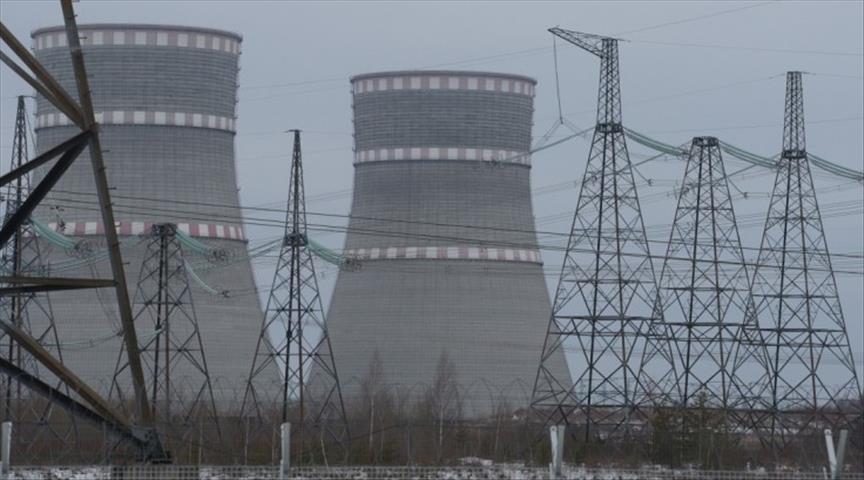South Korea and the United States signed a new nuclear energy deal Wednesday, replacing their old agreement that had been reached in 1974.
A ceremony was held in Seoul involving U.S. Ambassador Mark Lippert, who continues to recover the full use of his left hand after being attacked with a knife at a local event last month.
The incident was an extreme case highlighting the resentment that some South Koreans feel toward Washington for its influence over military and nuclear affairs.
Under Wednesday’s deal -- which will last at least two decades, having been nearly five years in the making -- Seoul can look forward to being able to recycle spent nuclear fuel in the future. All reprocessing and uranium enrichment had previously been banned.
Still, the agreement falls short of Japan’s understanding with the U.S., which grants far greater freedom to Tokyo.
But given the sensitivity of nuclear development on the Korean Peninsula, and the global push to curb North Korea’s ambitions in that regard, this latest accord was being welcomed in Seoul.
“It’s a win-win deal,” said a senior South Korean foreign ministry official, according to local news agency Yonhap. “It is based on mutual trust as allies.”
Put simply, the agreement will allow Seoul to develop so-called pyroprocessing technology, which could in the future help solve the country’s nuclear waste storage shortage -- while also being unlikely to be abused to produce weapons.
The door has also been left open for South Korea to hold further talks with the U.S. over the production of low-enriched uranium -- a potential boost for a country that relies on nuclear power for its energy needs and is fast developing a nuclear export industry.
A statement by Lippert referred to the agreement as respecting “each other’s sovereignty.”
The head of negotiations on the Seoul side, Park Ro-byug, told reporters that their alliance was “expected to strengthen further.”
The deal itself, which was released along with official minutes, made clear that this was the “cornerstone” of international nuclear nonproliferation efforts.
By Alex Jensen
Anadolu Agency
enerji@aa.com.tr


